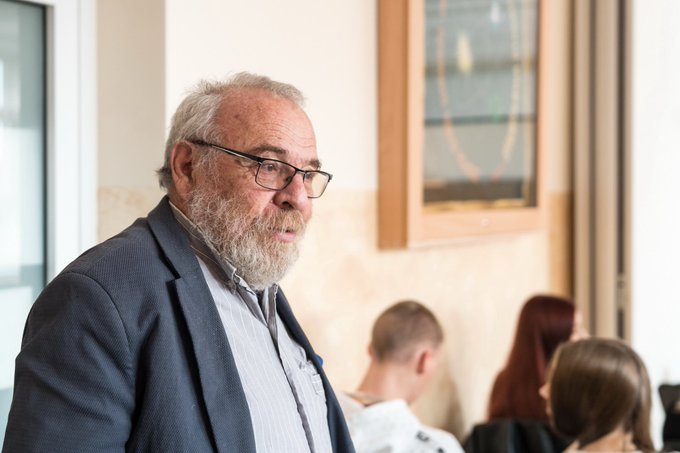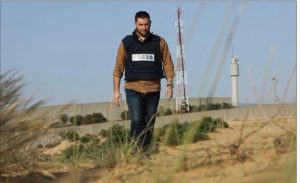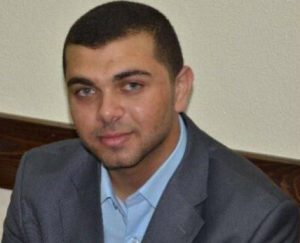Alex Dancyg, a prominent advocate of Polish-Israeli cooperation, has been kidnapped by Hamas militants in southern Israel, raising significant concerns
Alex Dancyg, a well-known advocate for improved ties between Poland and Israel, was abducted in a shocking and unsettling episode in southern Israel. The kidnapping of Dancyg was confirmed by Jarosaw Papis-Rozenbaum, an outspoken promoter of Polish-Jewish cooperation, worsening an already hazardous situation in a region plagued by frequent terror attacks.
Also read | Who was Heba Zagout, visual artist killed by Israeli airstrike in Gaza?
Who is Alex Dancyg?
Alex Dancyg (x/d_foubert)
Alex Dancyg, born in Warsaw in 1948, maintains dual citizenship in both Poland and Israel, seemingly demonstrating his commitment to improving ties between the two countries. Dancyg’s kidnapping was staged by Hamas militants during an art festival at a kibbutz in southern Israel, a region historically plagued by rising violence.
The kidnapping of Dancyg exposes the region’s deteriorating political dynamics. While the Arab world used to be an unwavering supporter of the Palestinian cause, it appears to have backed off, leaving the people of Gaza susceptible to extreme elements. Hamas, a fundamentalist movement infamous for its terrorist operations, is said to have prospered on international support, while the people of Gaza continue to live in terrible conditions.
The kidnapping of Alex Dancyg is more than just a criminal act; it also represents the deterioration of the regional situation and the growing influence of extremist groups. Southern Israel’s security position is tenuous, and if not addressed, it might further destabilize the region, harming not only the local population but also having wider international ramifications.
Also read | Who is Adnan El-Bursh? BBC reporter broke down in tears while reporting inside Gaza hospital | Watch Video
“The abduction of Alex Dancyg is a tragic reminder of the urgent need to address the growing influence of extremist groups in the region,” says a Middle East analyst. “The international community must reconsider its policies to ensure a safer and more stable future for both sides of the conflict.”







